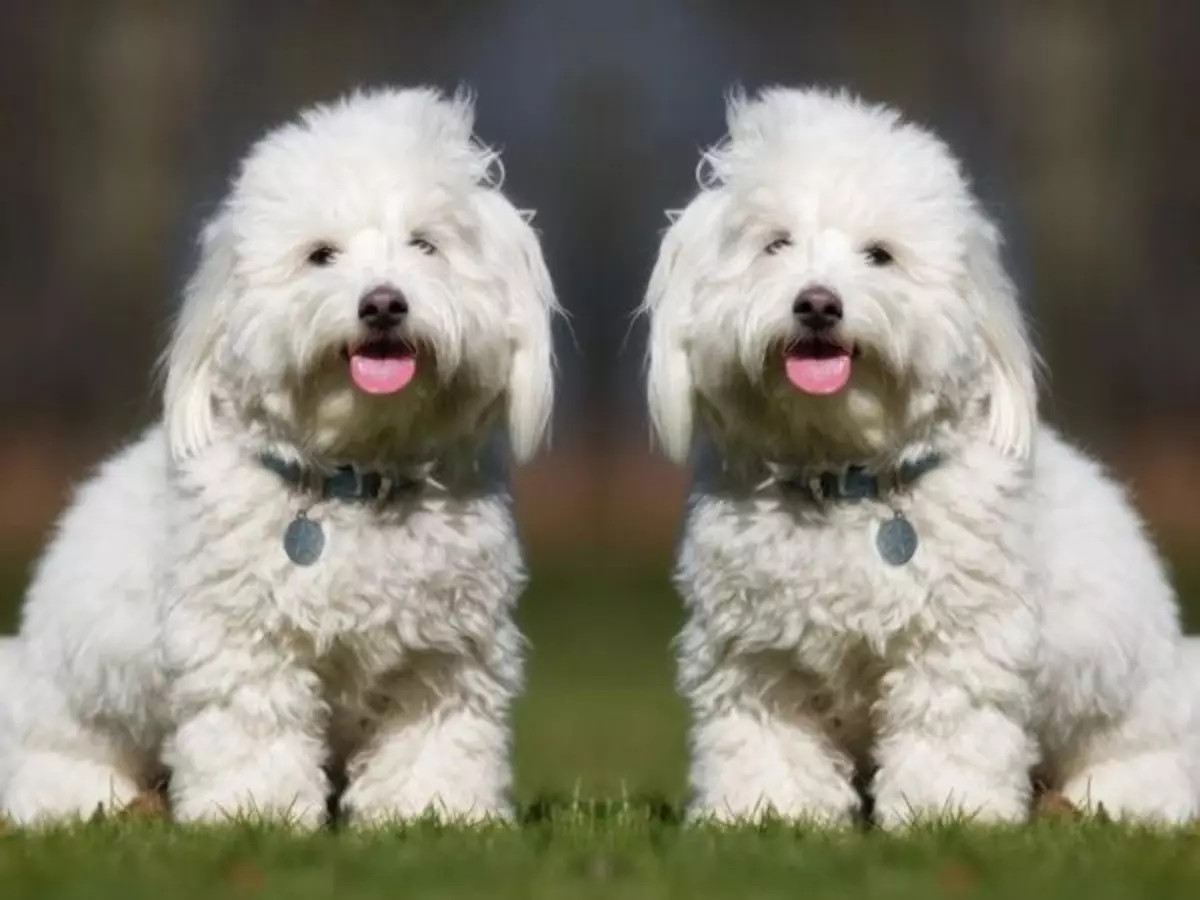Instagram Immortality? Pet Influencers Are Now Cloning Their Deceased Animals
Cloning is contentious. Some say it's unethical and helps "create" animals that are picture-perfect. Amid all the pool of cloning criticism, the phenomenon is gathering pace

How far will influencer culture go? This far, apparently. Instagrammers are now cloning their deceased pets. Using DNA from ideal pets who may have been victims of accidents or natural death, Instagram influencers hope to clench on longer to the fame of pet accounts.
Cloning is contentious. Some say it's unethical and helps "create" animals that are picture-perfect. Amid all the pool of cloning criticism, the phenomenon is gathering pace.
 Smithsonian Magazine
Smithsonian Magazine
Cloning deceased pets: A new reality?
A company based in Texas, United States cloned American signer Barbra Streisand's dog Samantha in 2018. Input Magazine spoke to Udvar-Hazy who used "ViaGen" company's services to clone her deceased dog Willow.
Rightly, Input asks - is this the era of petfluencer immortality? For all we know, a pet owner could clone their dead pets to keep the Instagram cycle going and none of us would ever find out.
 Dog Cover
Dog Cover
Also read: Instagram Subscriptions: Creators Can Charge Money For Exclusive Content
ViaGen's Melain Rodriguez claims that cloned pets are in no way "reincarnations" of their dead originals, but instead possess unique personalities.
Even then, the process is expensive. To make a single cloning process possible, pet owners have to shell out anything between $35,000-50,000 (that's almost ?37,50,077).
It can also be a long process. In one instance, four years were taken for ViaGen to replicate a deceased pet. The arguments against animal cloning are strong. For starters, putting animals through an IVF-like process can be difficult to manage.
Also read: Instagram's Chronological Feed Is Coming Back Soon: 3 New Types Of Feeds Revealed
In addition, there are millions of animals all over the world in shelters and on the streets. If cared for, they would no longer have to live in decrepit conditions. But that's not the goal of Instagram's aesthetic driven goals. What looks good sells well!
 Uncredited
Uncredited
For cloning companies, the emotional value a pet owner attaches to their animals is working well. Would you clone your pet after its death? Let us know in the comments below. For more in the world of technology and science, keep reading Indiatimes.com.
References
Lucas, J. (2022, January 18). Bring in the clones: Instagrammers are genetically replicating their pets. Input.
